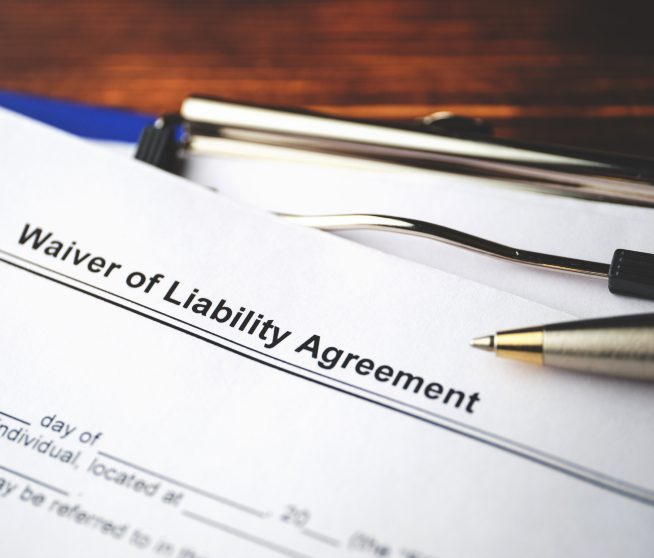Can a Colorado Resort Still Be Held Liable If You Signed a Liability Waiver?

A Colorado resort may be one of the most picturesque places to visit, but if you were to get injured while there, would you still be able to hold the resort liable? Most resorts require that you sign a liability waiver before participating in any activities such as skiing or snowboarding, but that doesn’t mean accidents don’t happen. Can you still sue a resort if you were injured?
Often, it depends on the specific circumstances of the case. Knowing your rights and the details of the liability waiver can help protect you in the event of an injury, and a Mintz Law Firm lawyer can help you figure out the legal issues of a case like this. We know it can be confusing, but you deserve compensation and justice if you were injured, especially if it was at no fault of your own.
What Are Liability Waivers?
A liability waiver is a legal document that serves as a release of liability in the event that someone gets hurt while participating in an activity. When signing a liability waiver, the signer acknowledges that they understand the risks associated with the activity and agree to accept responsibility in the case of any minor or serious injuries that may occur. By signing a waiver, you agree to not hold anyone else responsible for your injuries, even if it was caused by negligence.
Signing a liability waiver is an important part of participating in many activities and it should be taken seriously. If you are asked to sign a waiver before participating in an activity, make sure you read it carefully first and understand what you agree to before you sign it. Even if serious injuries occur, if you have signed the waiver, then it could make it more difficult to pursue legal claims.
When Are Liability Waivers Unenforceable in Colorado?
In Colorado, liability waivers are frequently used in recreational activities such as skiing and other outdoor pursuits. It is designed to protect the company or organization providing the experience from any claims of negligence or harm arising out of the activity. However, there are certain circumstances under which a liability waiver may be unenforceable in Colorado.
Generally, these circumstances involve gross negligence on the part of the company or organization providing the experience, such as failing to adequately train personnel or provide sufficient safety measures to prevent injury and death. In ski-related activities, for example, if a resort fails to mark obstacles properly or ensure that participants are provided with adequate safety equipment and instruction, then a court may find that the waiver is unenforceable.
Can You Sue if You Sign a Liability Waiver?
If you sign a liability waiver, it typically means that you are releasing the ski resort from responsibility if you were to get injured on the slope while skiing. This is especially true in Colorado, where they have the Colorado Ski Safety Act, which requires any person who goes skiing to acknowledge and accept the inherent risks of skiing. By signing this waiver, you essentially agree not to hold the resort liable for any ski-related injuries or accidents that could occur.
This waiver does not apply if there is gross negligence of duty on behalf of the ski resort, as previously stated. In these cases, it is possible to sue if you sign a liability waiver, the legal process of getting compensation may just be more complicated.
Ask a Lawyer to Review Your Case at Mintz Law Firm
Liability waivers are complex legal contracts that can change based on the situation. If you have a problem with a liability waiver, the best thing that you can do is consult a lawyer about your case to work to get the compensation you deserve.
Every case is different, and your lawyer needs to consider the specifics of your case to see if the waiver is viable or void. Fortunately, it is easy to get advice from a lawyer on such a case. Contact Mintz Law Firm at (303) 462-2999 or by using our contact form to schedule a free consultation to see if we can help you with your particular situation.
